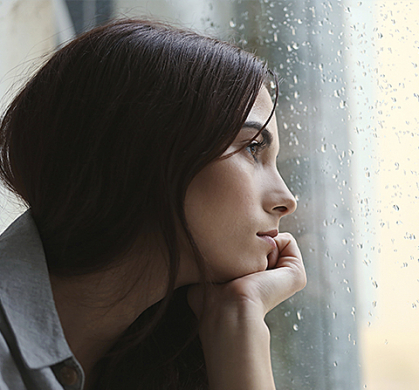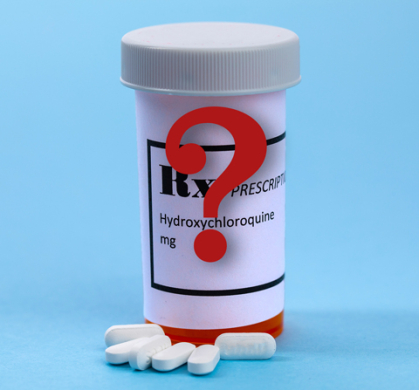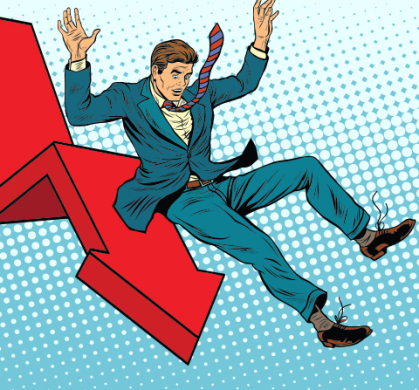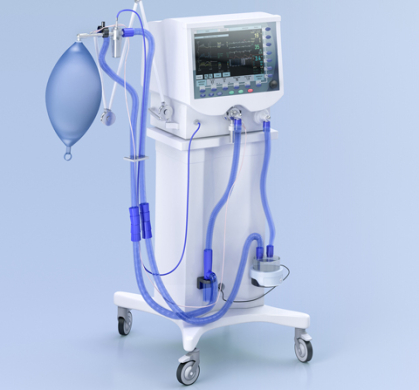Practical Advice
Rutgers officials provide a healthy dose of common sense to an anxious public.
Solace During Seclusion

Anxiety. Depression. Stress. The isolation accompanying social distancing can heighten them all. Frank Ghinassi, president and chief executive officer of University Behavioral Health Care, and Andrew Abeyta, psychologist at Rutgers–Camden, provided NJ.com and CBSPhilly.com with coping strategies for the days of living in seclusion:
- Connect with friends and family: phone calls, social media, and video chatting
- Perform acts of altruism to regain or maintain a feeling of control
- Call neighbors, especially the elderly
- Reach out to more distant friends or family to reignite old relationships
- Take breaks from the media
- Stretch, meditate, eat balanced meals, sleep, and exercise regularly
- Maintain routines if you are already under treatment for mental illness
- Contact your health care provider if you feel overwhelmed for several days
Medicine, Not Myths

Stepped-up efforts to develop rapid COVID-19 diagnostic tests dominated the news as the outbreak accelerated, but in labs across the world, the quiet, determined race was on to discover lifesaving medications for virus victims. Interviewed by NJTV about a cure timeline, Vincent Silenzio RWJMS’91, SPH’92, a global public health expert at the School of Public Health, said such drugs were likely months away and he warned about the dangers of unproven treatments. In particular, the antimalarials chloroquine and hydroxychloroquine had gained traction in social and traditional media, leading to reported overdoses. “These are not things to be toying around with; let the science figure it out,” Silenzio said.
High Finance, High Anxiety

Even those without investments in financial markets watched with anxiety as the Dow, S&P, and other indexes crashed for days on end, blowing a hole in the interconnected global economy. In an article on investing and mental health, the Wall Street Journal turned to Rutgers−Newark psychologist Mauricio Delgado for advice on keeping emotions from steering investment decisions. Threat triggers a fight-or-flight response, affecting cognition and perception and narrowing attention and focus, Delgado explained. The bottom line: control what you can and don’t make decisions when your nervous system is at DEFCON 1.
Breathe Deep

The most critical piece of lifesaving equipment for severe COVID-19 cases is a ventilator, which keeps a patient who is suffering from respiratory failure breathing and alive. By March, it was clear that ventilator stocks were getting low and David Cennimo NJMS’01, an infectious disease expert at New Jersey Medical School, sounded the warning on NJ.com about the potential for catastrophe if a crush of patients outstripped supply. Among the scenarios he laid out: borrowing equipment from low-incidence states, repurposing similar equipment such as BiPAP machines, and, at worst, rationing who gets a ventilator.